A new study from Penn Medicine marks a significant development in the ongoing evolution of CAR T cell therapy, as a novel cytokine-enhanced CAR T that has been tested in patients with blood cancer shows robust response rates.


Apple has teamed up with the neurotech firm, developing a brain implant that allows users to operate digital devices by thinking.
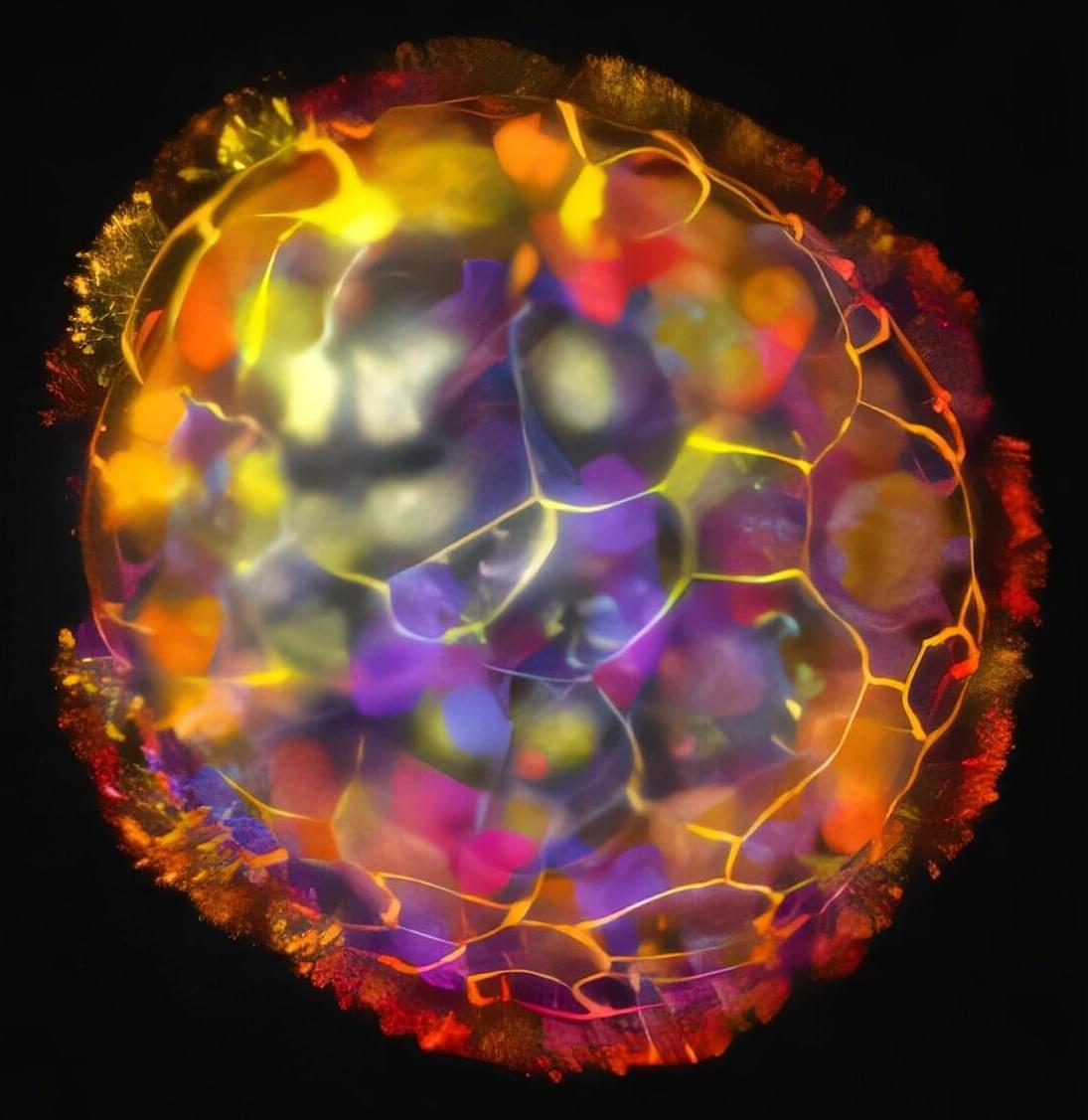
Modern humans have existed for more than 200,000 years, and each new generation has begun with a single cell—dividing, changing shape and function, organizing into tissues, organs, and limbs. With slight variations, the process has repeated billions of times with remarkable fidelity to the same body plan.
Researchers at Tufts have been on a quest to understand the code guiding individual cells to create the architecture of a human being, and to create a foundation for regenerative medicine. As they learn more about that code, they are also looking at how to build living structures from human cells that have totally new forms and capabilities—without genetic manipulation.
To decipher that code, they took a cell from the human body and allowed it to grow in a novel environment to observe how the rules of self-organization play out.
Excellent Podcast interview Allan Grosvenor!…” How Allan built MSBAI to make super computing more accessible.
How AI-driven simulation is speeding up aircraft & spacecraft design.
Why AI is now making an impact in finance & algorithmic trading.
The next evolution of AI-powered decision-making & autonomous systems”
What if AI could power everything from rocket simulations to Wall Street trading? Allan Grosvenor, aerospace engineer and founder of MSBAI, has spent years developing AI-driven supercomputing solutions for space, aviation, defense, and even finance. In this episode, Brent Muller dives deep with Allan on how AI is revolutionizing engineering, the role of supercomputers in aerospace, and why automation is the key to unlocking faster innovation.
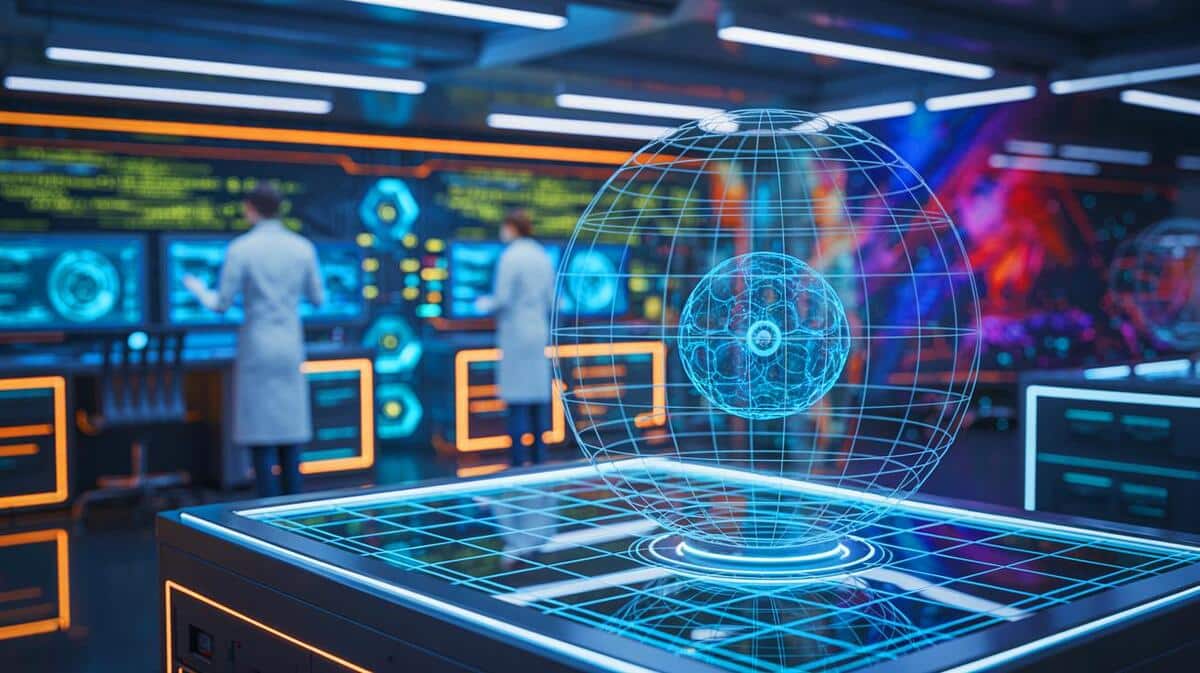
In a groundbreaking discovery, physicists from Aalto University have unveiled a new framework that unites gravity with the forces described by the Standard Model of particle physics, potentially bringing us closer to the long-awaited “Theory of Everything.” This discovery doesn’t just reframe gravity—it offers a fresh perspective on how the fundamental forces of nature might work together¹
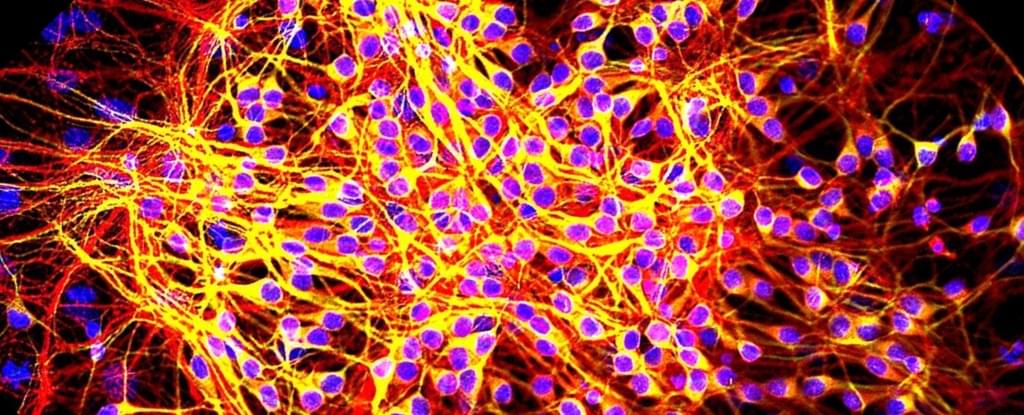
A drug used to treat insomnia has protected mice against the buildup of the tau protein found to clump abnormally in neurodegenerative diseases like Alzheimer’s. This could lead to new ways to help slow the progress of these diseases.
An increasing number of people are facing cognitive decline personally or in their loved ones. There are almost 10 million new cases of dementia globally each year, and despite decades of research, there are still few treatment options that provide clear benefits.
So due to the links between Alzheimer’s and poor sleep, Washington University neurologist Samira Parhizkar and colleagues investigated a central nervous system depressant, lemborexant, that was approved for use as a sleep aid by the FDA in December 2019.

Nvidia to drop Humanoid robots that will produce Nvidia GB300 chips in Q1 of 2026.
This would be the first time that an Nvidia product will be made with the assistance of humanoid robots and would be Foxconn’s first AI server factory to use them on a production line.
Foxconn is developing its own humanoid robots with Nvidia and has also trialed humanoids made by China’s UBTech
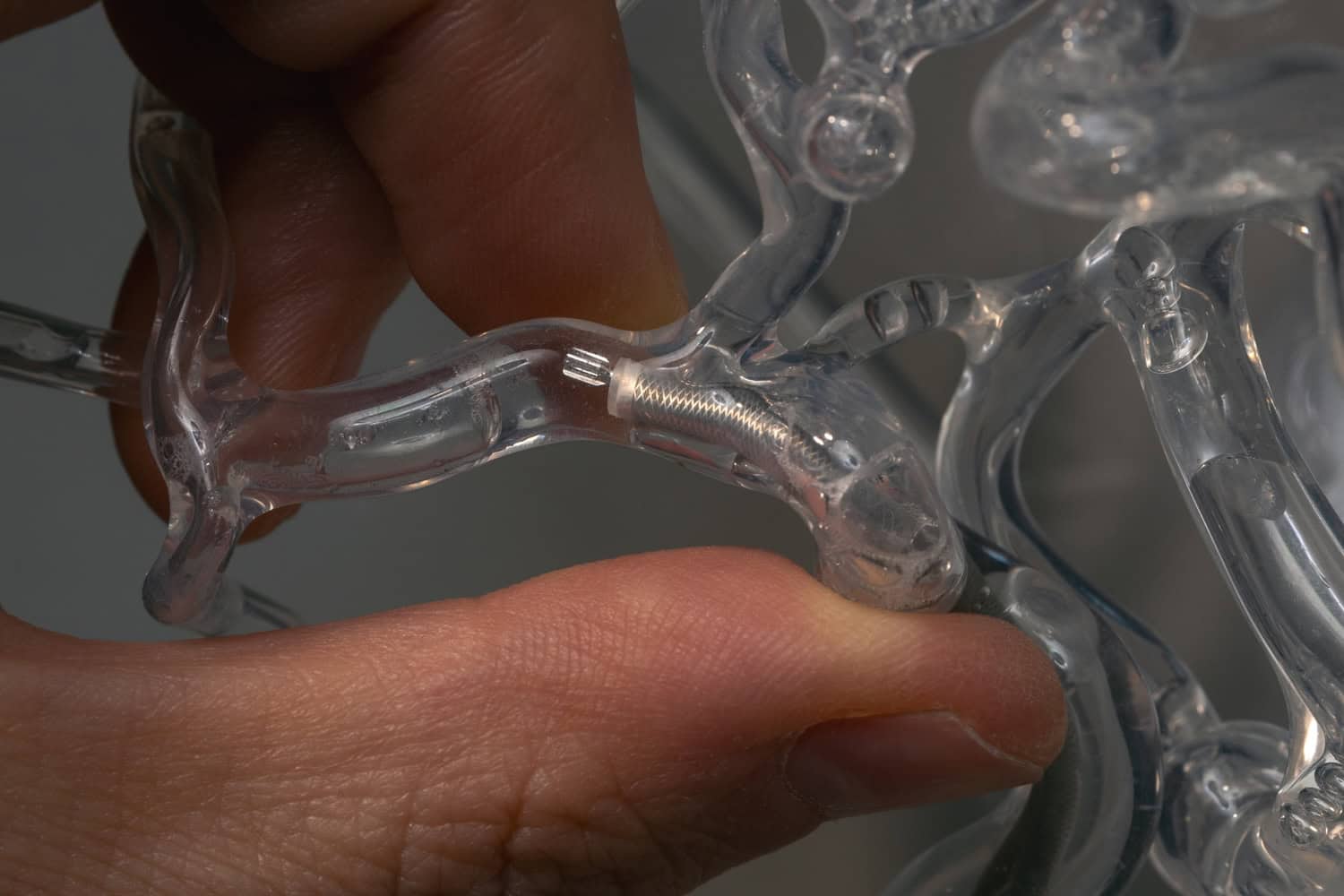

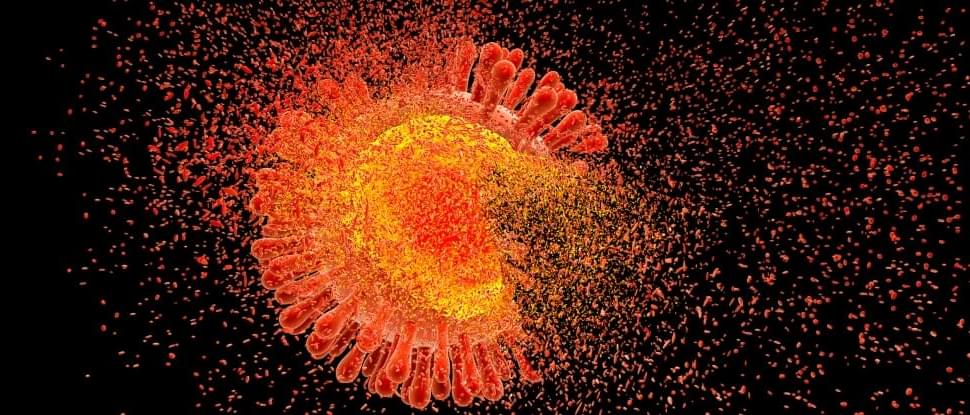
The US Food and Drug Administration on Wednesday approved Gilead Sciences’ twice-yearly injection to prevent HIV – a move the company hailed as a major breakthrough in the fight against the sexually transmitted virus.
Drugs to prevent HIV transmission, known as pre-exposure prophylaxis or PrEP, have existed for more than a decade. But because they typically require taking a daily pill, they have yet to make a significant dent in global infections.
“This is a historic day in the decades-long fight against HIV,” Gilead chairman and chief executive Daniel O’Day said in a statement.